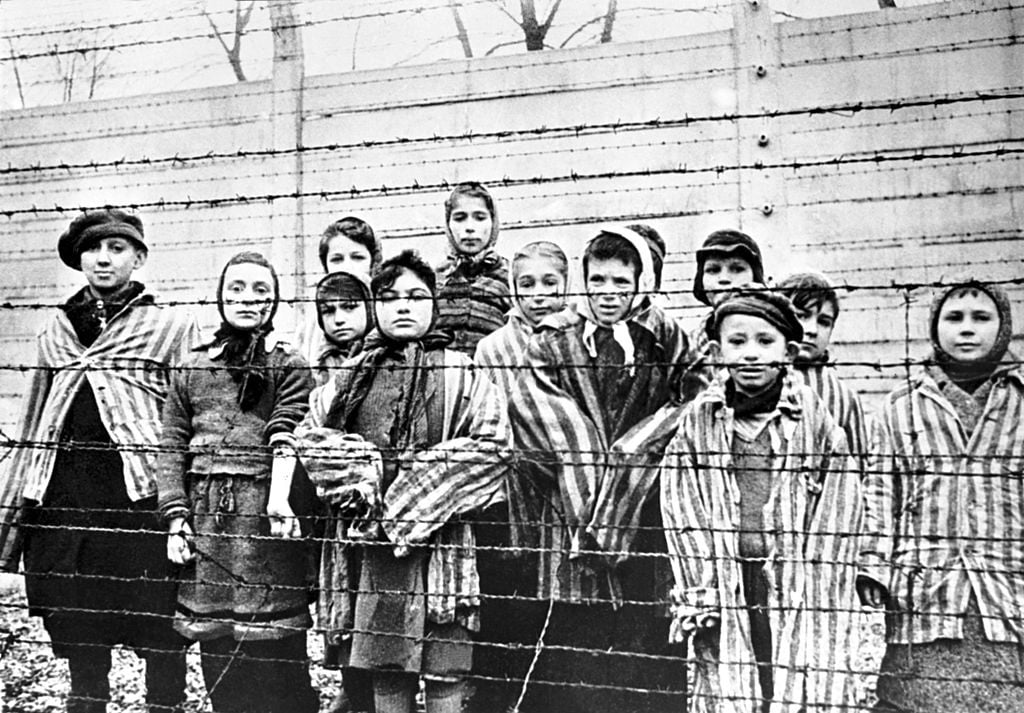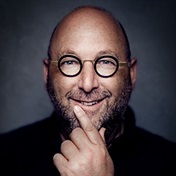
A column on this platform, News24, a few weeks ago, about the killing of Qassem Soleimani, one that had nothing to do with being a Jew or with Israel, resulted in some of the most vile posts I have seen, writes Howard Feldman
As a Jew...
When I started university in 1987 my parents warned me that as a Jew, I needed to keep my head below the parapet.
"No good," they explained, "comes from a Jew drawing attention to himself".
It was the height of the anti-apartheid movement. My parents were the children of survivors.
They were afraid.
I am Jew. And as a Jew, I am not.
The 28th of January marks the 75th anniversary of the day that the allied forces liberated the Auschwitz-Birkenau death camp.
This day became the symbol of remembrance for the six million Jews who were murdered by the Nazi regime and is observed by the United Nations as the International Holocaust Remembrance Day.
Although I was born in South Africa decades after the war, the shadow of this period never disappeared.
At times it hovered over us blocking out the light completely, and at times it retreated into a corner, not quite visible but always present.
My grandparents fled Germany when they were no more than children.
Young adults who were forced to leave parents, siblings and friends behind.
Penniless, without family and with little understanding of this strange country.
They met, got married because it was better to be alone with someone than alone by yourself, huddled together and build successful lives.
Painful step by painful step.
But like the ever-present shadow, the horror of their past never left them.
They were outwardly functional, but they were damaged and fragments and they passed on the broken baton to the next generation.
Sadly, my parents' warning is no less relevant today.
As a Jew who does "draw attention to myself" I am often a target of appalling anti-Semitic abuse online.
A column on this platform, News24, a few weeks ago, about the killing of Qassem Soleimani, one that had nothing to do with being a Jew or with Israel, resulted in some of the most vile posts I have seen.
READ: Soleimani does not deserve our tears
Some called for my destruction, some were just abusive (to me and to grammar), but the most upsetting was one person suggesting that as "a J" my view is not relevant.
Others might have wanted to harm me and might have called me names. This person eradicated me because of my religion.
As a Jew, he implied, I wasn't entitled to an opinion.
The reaction should not be surprising given the global rise in anti-Semitism.
In the US, specifically in New York, Jews are being attacked in the streets and in their places of worship.
Europe is seeing the highest levels of attacks on Jews since World War II, with Jewish men being advised not to wear a Kippah (head covering) when traveling to many European cities, for fear of becoming a target.
As a Jew I am not fearful in South Africa.
I am confident, that, despite some appalling online anti-Semitic behaviour, as a country we are not anti-Semitic.
I believe that South Africans have seen what can happen when racism is left unchecked.
READ: Nobody sees colour in the dark
The word "genocide" was coined in 1944 by Samuel Lemkin, a Jewish refugee in his book Axis Rule in Occupied Europe and has become the accepted term used to describe "acts committed with intent to destroy, in whole or in part, a national, ethnic, racial or religious group, as such including the killing of its members".
We are told that "if we don't learn from history, then we are doomed to repeat it".
We need to pay close attention to our South African past and we need to take careful note of what occurred in Europe in the 1940s.
International Holocaust Remembrance Day gives us an opportunity to do just that.
As a Jew, I implore you to take note.
- Howard Feldman is a keynote speaker and analyst. He is the author of three books and is the morning talk show host on ChaiFM.
Disclaimer: News24 encourages freedom of speech and the expression of diverse views. The views of columnists published on News24 are therefore their own and do not necessarily represent the views of News24.




 Publications
Publications
 Partners
Partners























